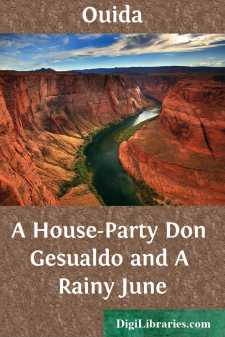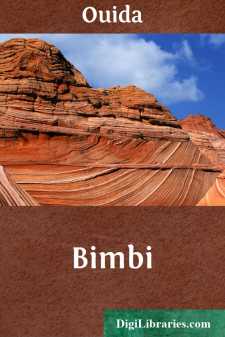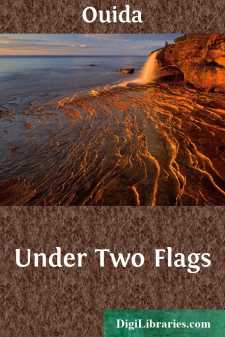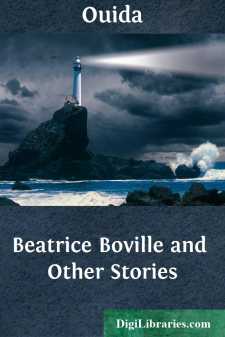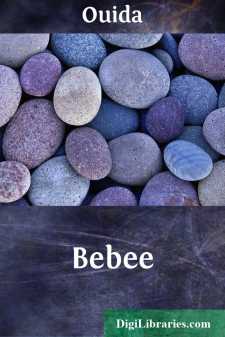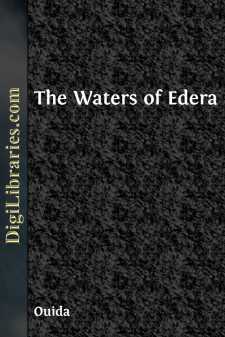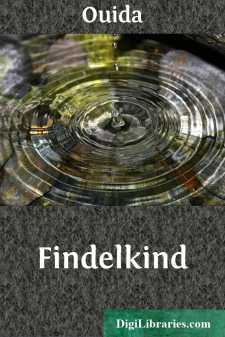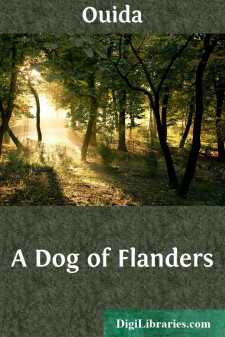Categories
- Antiques & Collectibles 13
- Architecture 36
- Art 48
- Bibles 22
- Biography & Autobiography 813
- Body, Mind & Spirit 142
- Business & Economics 28
- Children's Books 15
- Children's Fiction 12
- Computers 4
- Cooking 94
- Crafts & Hobbies 4
- Drama 346
- Education 46
- Family & Relationships 57
- Fiction 11828
- Games 19
- Gardening 17
- Health & Fitness 34
- History 1377
- House & Home 1
- Humor 147
- Juvenile Fiction 1873
- Juvenile Nonfiction 202
- Language Arts & Disciplines 88
- Law 16
- Literary Collections 686
- Literary Criticism 179
- Mathematics 13
- Medical 41
- Music 40
- Nature 179
- Non-Classifiable 1768
- Performing Arts 7
- Periodicals 1453
- Philosophy 64
- Photography 2
- Poetry 896
- Political Science 203
- Psychology 42
- Reference 154
- Religion 513
- Science 126
- Self-Help 84
- Social Science 81
- Sports & Recreation 34
- Study Aids 3
- Technology & Engineering 59
- Transportation 23
- Travel 463
- True Crime 29
A House-Party Don Gesualdo and A Rainy June
by: Ouida
Description:
Excerpt
It is an August morning. It is an old English manor-house. There is a breakfast-room hung with old gilded leather of the times of the Stuarts; it has oak furniture of the same period; it has leaded lattices with stained glass in some of their frames, and the motto of the house in old French, "J'ay bon vouloir," emblazoned there with the crest of a heron resting in a crown. Thence, windows open on to a green, quaint, lovely garden, which was laid out by Monsieur Beaumont when he planned the gardens of Hampton Court. There are clipped yew-tree walks and arbors and fantastic forms; there are stone terraces and steps like those of Haddon, and there are peacocks which pace and perch upon them; there are beds full of all the flowers which blossomed in the England of the Stuarts, and birds dart and butterflies pass above them; there are huge old trees, cedars, lime, hornbeam; beyond the gardens there are the woods and grassy lawns of the home park.
The place is called Surrenden Court, and is one of the houses of George, Earl of Usk,—his favorite house in what pastoral people call autumn, and what he calls the shooting season.
Lord Usk is a well-made man of fifty, with a good-looking face, a little spoilt by a permanent expression of irritability and impatience, which is due to the state of his liver; his eyes are good-tempered, his mouth is querulous; nature meant him for a very amiable man, but the dinner-table has interfered with, and in a measure upset, the good intentions of nature: it very often does. Dorothy, his wife, who is by birth a Fitz-Charles, third daughter of the Duke of Derry, is a still pretty woman of thirty-five or -six, inclined to an embonpoint which is the despair of herself and her maids; she has small features, a gay expression, and very intelligent eyes; she does not look at all a great lady, but she can be one when it is necessary. She prefers those merrier moments in life in which it is not necessary. She and Lord Usk, then Lord Surrenden, were greatly in love when they married; sixteen years have gone by since then, and it now seems very odd to each of them that they should ever have been so. They are not, however, bad friends, and have even at the bottom of their hearts a lasting regard for each other. This is saying much, as times go. When they are alone they quarrel considerably; but then they are so seldom alone. They both consider this disputatiousness the inevitable result of their respective relations. They have three sons, very pretty boys and great pickles, and two young and handsome daughters. The eldest son, Lord Surrenden, rejoices in the names of Victor Albert Augustus George, and is generally known as Boom.
They are now at breakfast in the garden-chamber; the china is old Chelsea, the silver is Queen Anne, the roses are old-fashioned Jacqueminots and real cabbage roses. There is a pleasant scent from flowers, coffee, cigarettes, and newly-mown grass. There is a litter of many papers on the floor.
There is yet a fortnight before the shooting begins; Lord Usk feels that those fifteen days will be intolerable; he repents a fit of fright and economy in which he has sold his great Scotch moors and deer-forest to an American capitalist; not having his own lands in Scotland any longer, pride has kept him from accepting any of the many invitations of his friends to go to them there for the Twelfth; but he has a keen dread of the ensuing fifteen days without sport.
His wife has asked her own set; but he hates her set; he does not much like his own; there is only Dulcia Waverley whom he does like, and Lady Waverley will not come till the twentieth. He feels bored, hipped, annoyed; he would like to strangle the American who has bought Achnalorrie. Achnalorrie, having gone irrevocably out of his hands, represents to him for the time being the one absolutely to be desired spot upon earth. Good heavens! he thinks, can he have been such a fool as to sell it?
When he was George Rochfort, a boy of much promise going up to Oxford from Eton, he had a clever brain, a love of classics, and much inclination to scholarly pursuits; but he gradually lost all these tastes little by little, he could not very well have said how; and now he never hardly opens a book, and he has drifted into that odd, English habit of only counting time by the seasons for killing things....


